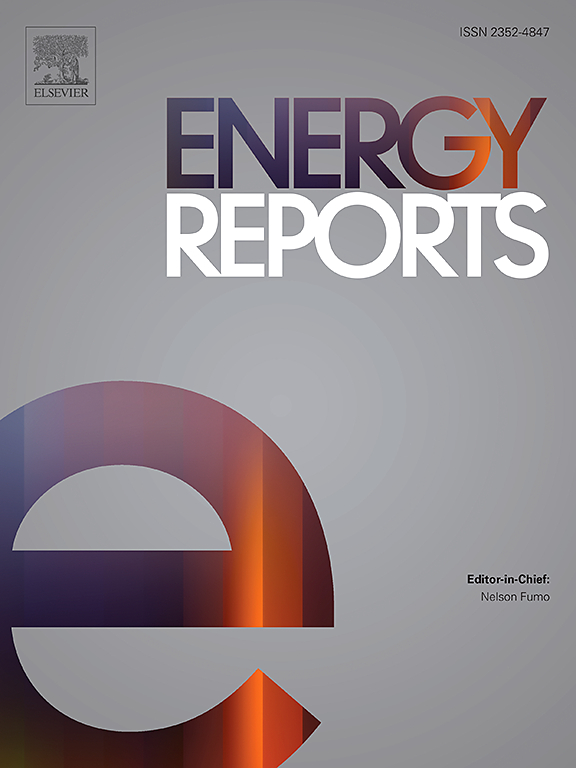社区生活设施能耗预测:面板回归方法
IF 5.1
3区 工程技术
Q2 ENERGY & FUELS
引用次数: 0
摘要
能源消耗预测在制定绿色改造(GR)计划以实现建筑部门的碳中和方面起着至关重要的作用。本研究旨在预测社区生活设施中日托中心和医疗设施的温室气体排放,这是GR的主要目标。我们使用面板回归模型来缓解内生性问题,并使用66个建筑物的年度面板数据超过2年。我们通过将预测的年能耗与实际值进行比较来评估每个模型的性能。实证分析结果表明,与其他回归模型相比,使用面板广义最小二乘(GLS)预测在考虑数据异方差的情况下,其均方根误差(RMSE = 17,687)更低。此外,GLS模型表现出与AI方法相当的性能,在57.1% %的测试用例中,准确预测能耗在 ± 30 %的误差范围内。因此,在预测建筑能耗时,通过适当的回归模型进行分析,不仅可以推断因果关系,而且可以通过节省时间和成本来进行有效的预测。该研究可用于评估GR在实现温室气体减排目标方面的有效性,并有助于通过GR制定高效的碳中和战略。本文章由计算机程序翻译,如有差异,请以英文原文为准。
Energy consumption forecasting of neighborhood living facilities: A panel regression approach
Energy consumption forecasting plays a crucial role in establishing a plan for Green Remodeling (GR) to achieve carbon neutrality in the building sector. This study aims to forecast greenhouse gas emissions from daycare centers and medical facilities among neighborhood living facilities, which are the primary targets of GR. We use panel regression models to alleviate endogeneity concerns with annual panel data of 66 buildings over a 2-year period. We evaluate the performance of each model by comparing the predicted annual energy consumption with the actual values. The empirical analysis results show that forecasting using panel Generalized Least Squares (GLS), while taking into account the heteroscedasticity observed in our data, resulted in a lower Root Mean Square Error (RMSE = 17,687) compared to other regression models. Furthermore, the GLS model showed comparable performance to AI methods, accurately predicting energy consumption within a ± 30 % error margin in 57.1 % of test cases. Therefore, when predicting building energy consumption, it is considered that analysis through an appropriate regression model not only allows for the inference of causal relationships but also aids in efficient prediction by saving time and costs. This study can be used to assess the effectiveness of GR in achieving the greenhouse gas reduction goal and can contribute to developing an efficient carbon-neutral strategy through GR.
求助全文
通过发布文献求助,成功后即可免费获取论文全文。
去求助
来源期刊

Energy Reports
Energy-General Energy
CiteScore
8.20
自引率
13.50%
发文量
2608
审稿时长
38 days
期刊介绍:
Energy Reports is a new online multidisciplinary open access journal which focuses on publishing new research in the area of Energy with a rapid review and publication time. Energy Reports will be open to direct submissions and also to submissions from other Elsevier Energy journals, whose Editors have determined that Energy Reports would be a better fit.
 求助内容:
求助内容: 应助结果提醒方式:
应助结果提醒方式:


